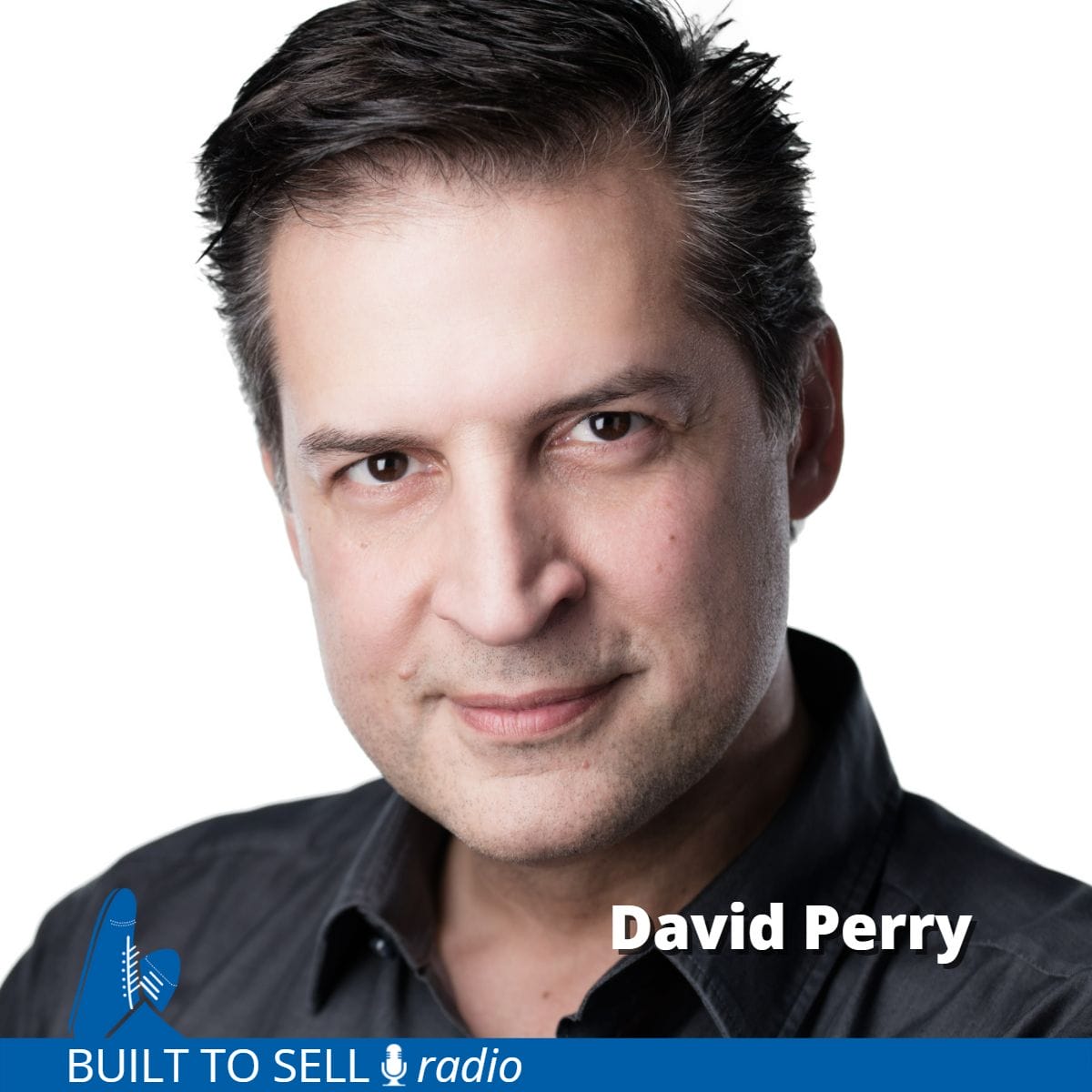About this episode
David Perry co-founded Gaikai, a video game company that enables popular games like World of Warcraft and Call of Duty to be played on just about any device.
Perry raised $50 million through three rounds of funding and sold Gaikai for $380 million to Sony.
Not bad for a high school educated kid from Belfast. This episode is full of wisdom curated at the school of hard knocks including how to:
- Finance the early days of your business without diluting your equity.
- Name your company and products to stimulate tribe-like loyalty.
- Find the natural acquirers for your business.
- Use the “restaurant test” to validate your business ideas.
- Protect your working relationship with your acquirer without giving up negotiating leverage.
- Get investors to see the value in what you’re building.
- Deal with an “exploding term sheet”.
- Capitalize on what Perry calls “down the track” thinking.

About Our Guest
David Perry
David Perry is the CEO of Carro, a new e-commerce partnership network used by over 30K Shopify brands.
GetCarro.com helps brands gain attention, sales, and new customers by partnering with other brands in the network. “The goal is to keep users on your store, adding all the things they need directly into your cart. Carro provides all the other products they want that you don’t currently sell.”
Sony PlayStation acquired Perry’s previous company Gaikai to establish leadership in the future of streaming video games from the cloud. This service is called PlayStation Now.
Connect with David:
[email protected]


